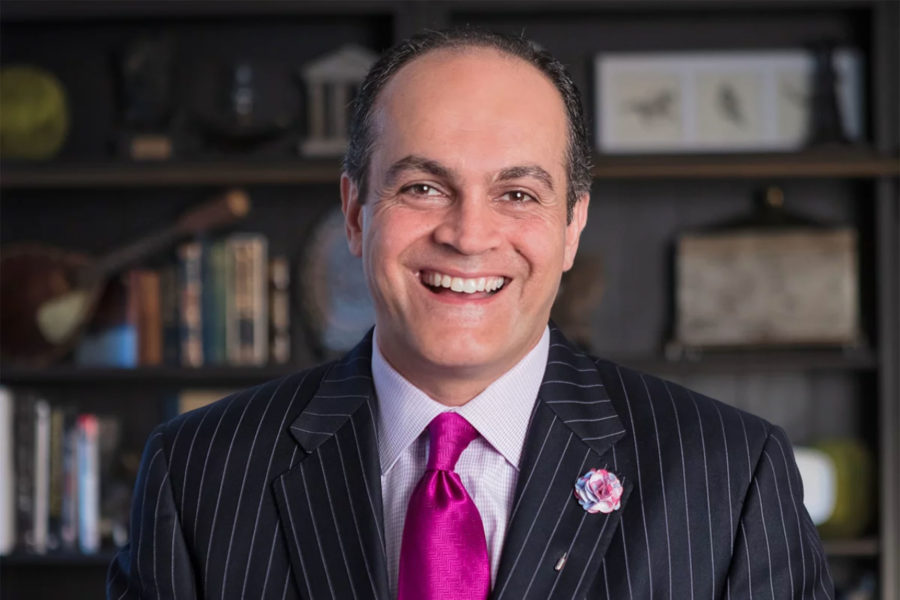PODCAST PEOPLE: A Summary from the Real Leaders Podcast
“I’ve been on a mission for the last two decades of helping leaders really understand not just the importance of their relationships, but their significance. In driving growth, in driving innovation, and making real change last in talent, not just acquisition, but retention, and creating net new growth opportunities.”
David Nour is a Relationship Economics® Advisor, Researcher, Educator, and Executive Coach, helping clients leverage the value of their greatest off-balance sheet asset: their relationships.
The following is a summary of Episode 125 of the Real Leaders Podcast, a conversation with Relationship Economics Advisor, David Nour. Read or listen to the full conversation below.
Strategic Relationships
David shares the personal story of his immigration from Iran to America without much for connections or knowledge of English. As a result, he was forced to form lasting relationships in order to make his own way in an entirely new place. He consequently emphasizes how relationships — both business and personal — can be strategic. They should be transformational, rather than transactional, and should be cultivated with diversity in mind. In this case, cognitive diversity, in which both parties think differently, challenge assumptions, and see through a different lens.
“We learn by interacting with others. And strategic relationships, by definition, push us beyond our own perceived limitations. They elevate our thinking, they elevate our perspective, they shed a light onto something we haven’t even thought of.”
But the significance of strategic relationships is that they need to be mutually beneficial. Therefore, David suggests we will all have more success by reciprocating first. The idea is to offer something before ever considering asking for something.
“When I talk about strategic relationships, I’m always thinking: how can I be an asset? How can I add value? How can I make sure they’re better off because they’ve gotten to know me? And this idea of reciprocating first elevates you above everybody else who will never follow up. Above everybody else who doesn’t show up having done their homework. And above everybody else who doesn’t think, ‘How do I invest? Before I ask for a return on that investment?'”
The Future of Work
In addition to the importance of strategic relationships, David shares the three attributes he believes will become an advantage for the future of work:
1. Grit
“The intersection of passion and perseverance. To not let challenges or obstacles get in your way, but succeed despite and in spite of them.”
2. Visual Storytelling
“If you look at some of the stocks, they’re not really doing anything other than telling phenomenal stories about how they see the evolution of organizations. So I believe visual storytelling makes that ability much more succinct, much more memorable, much more impactful. So I believe visual storytelling is unequivocally a new leadership competency that needs to cascade through organizations.”
3. Co-Creation
“Co-creation is fundamentally about two or more parties coming together with a very unique set of expertise. And they bring their unique expertise to create something together that neither side could have done alone.”
Transcript
Connect
Find more of David’s insights here:




































